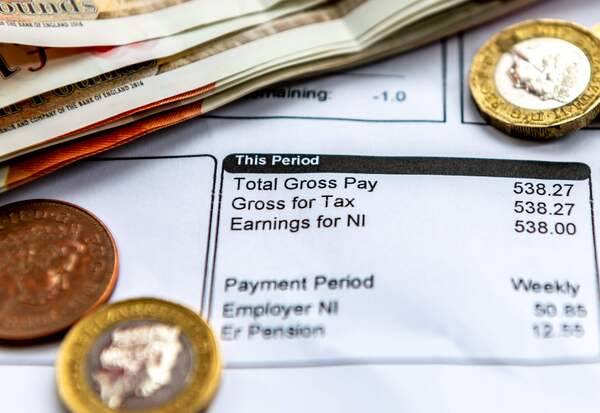‘Stop de-railing Christmas’: Government announces law to ensure 40% of trains run during strikes
The government has introduced new legislation which requires 40% of train services to run during strikes.
The Minimum Service Levels legislation will allow the equivalent of 40% of railway timetables to operate as normal with “certain priority routes” to remain open, although it is unclear what these routes will be.
It follows the government's Strikes (Minimum Service Levels) Act that it passed in January, which gave ministers the power to set minimum service levels across multiple sectors.
The Act received Royal Assent in July but the move to bring it into effect is to be laid in Parliament today, with ministers hoping it can be completed before Christmas.
Rail strikes have blighted the hospitality sector over the past 18 months, with many operators concerned industrial action could further disrupt Christmas trading. Figures from UKHospitality suggest the cumulative effects of rail strikes last autumn and winter and earlier this spring cost the industry £3.25b.
Following the continued strikes this autumn, 37 hospitality brands, including Wasabi, Greene King and Rosa's Thai, signed an open letter in partnership with UKHospitality urging rail unions not to strike during the festive period. In addition, the managing director of Dishoom said he was fearful the group could lose 3,500 bookings over Christmas if there were further train strikes during the festive period.
Prime minister Rishi Sunak said: “We are doing everything in our power to stop unions de-railing Christmas for millions of people.”
UKHospitality chief executive Kate Nicholls said: “While it’s right that sectors affected by rail strikes, like hospitality, are properly protected by legislation, the real priority needs to be reaching a resolution to the current dispute. This is especially important for hospitality, as we approach the busy Christmas period, the revenues of which are often crucial to help venues through the fallow period of January to March.
“Without an urgent end to this dispute, the £3.5b that hospitality has lost in sales will only continue to grow and that is not good for the thousands of hospitality businesses and the millions of people they employ.”
Similar rules will be introduced for Border Force and the ambulance service, and the government is to consult on introducing minimum service levels for education, other NHS staff and fire services.





















